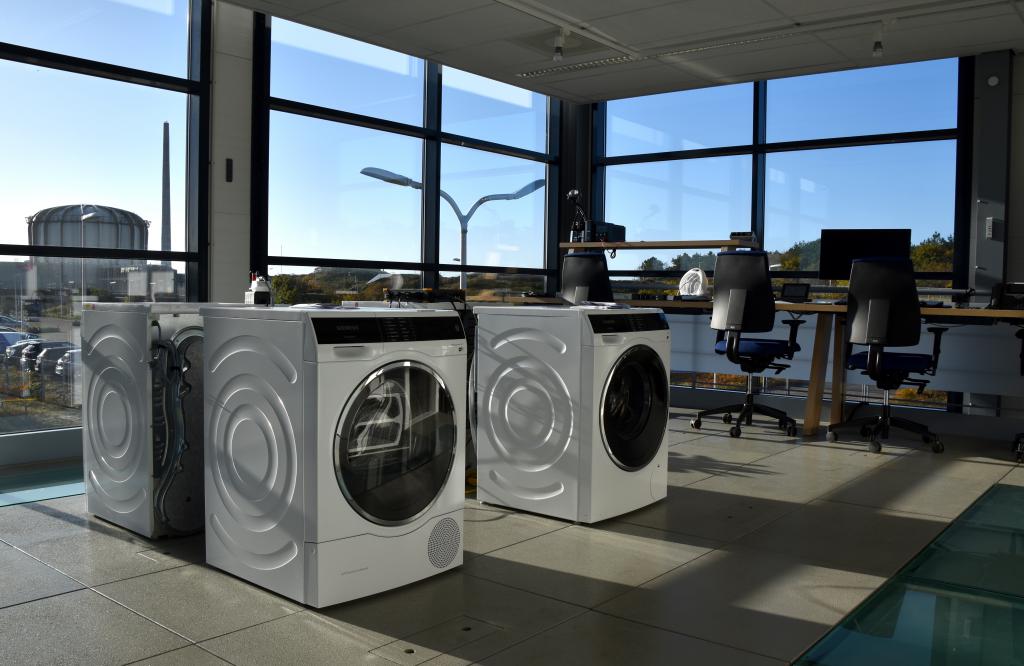The lab tests the interoperability of new smart technologies, including smart household appliances. Officially opened today, the JRC’s new Smart Grid Interoperability Laboratory researches and evaluates ways to achieve integration and interoperability between smart devices and systems. The lab will help to ensure that new smart technologies are able to meet the potential they have to transform our societies. Our houses are fast becoming smart homes, with smart thermostats, domestic appliances and security systems activated by apps on our smartphones. But this is just the beginning. Smart homes are growing into smart communities and smart regions – even smart cities. In the near future, we will live in an intelligent digital ecosystem, where virtual power plants connect up sustainable energy systems, where electric cars behave as intelligent batteries, and where citizens produce energy as well as consuming it.
In order to achieve an intelligent digital ecosystem, all systems need to be able to communicate with each other – they need to be interoperable. This will need to be facilitated and supported by dedicated policy, standardisation and technical instruments. Testing at the lab The JRC Smart Grid Interoperability Laboratory will test the interoperability of smart technologies, both coming from the market and resulting from research projects. Devices, appliances and components for energy use, energy storage and the systems connecting them will be tested. This work will also help to develop a common testing methodology – so customers can be sure that when the products they are buying meet interoperability standards, they can rely on them to work. For example – if we buy an electric car, we need to be sure that the charger plug will fit at home, but also at the office and on the road. And we don’t want to be faced unexpectedly with an overloaded energy […]

